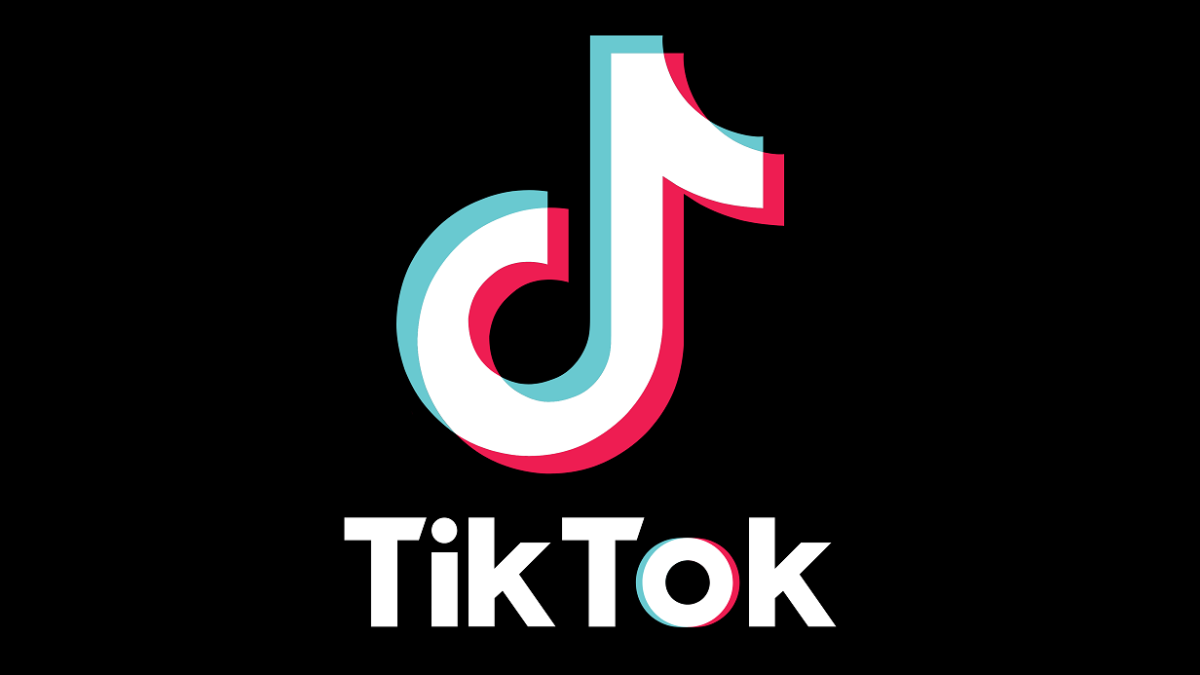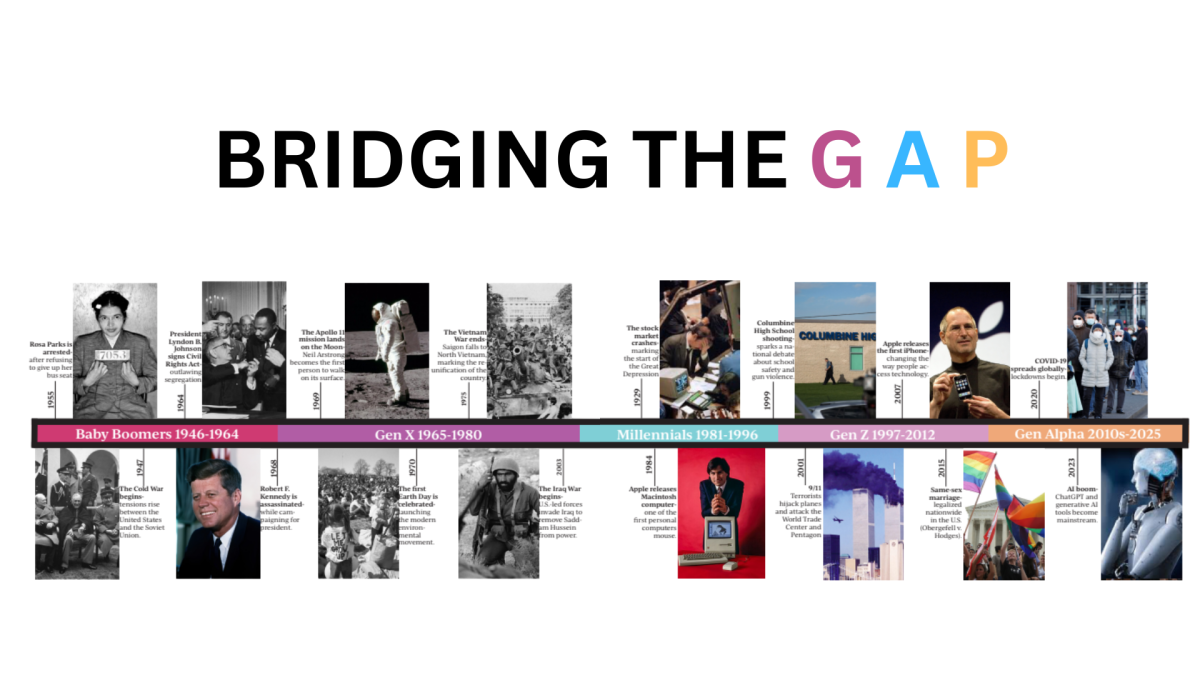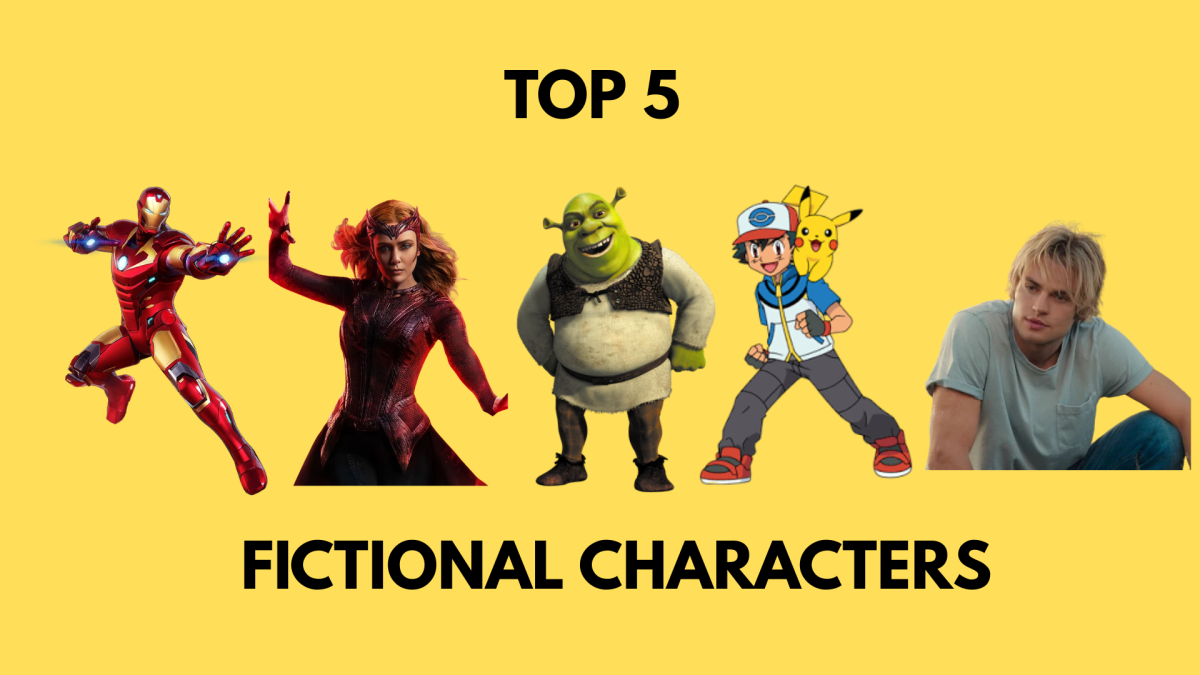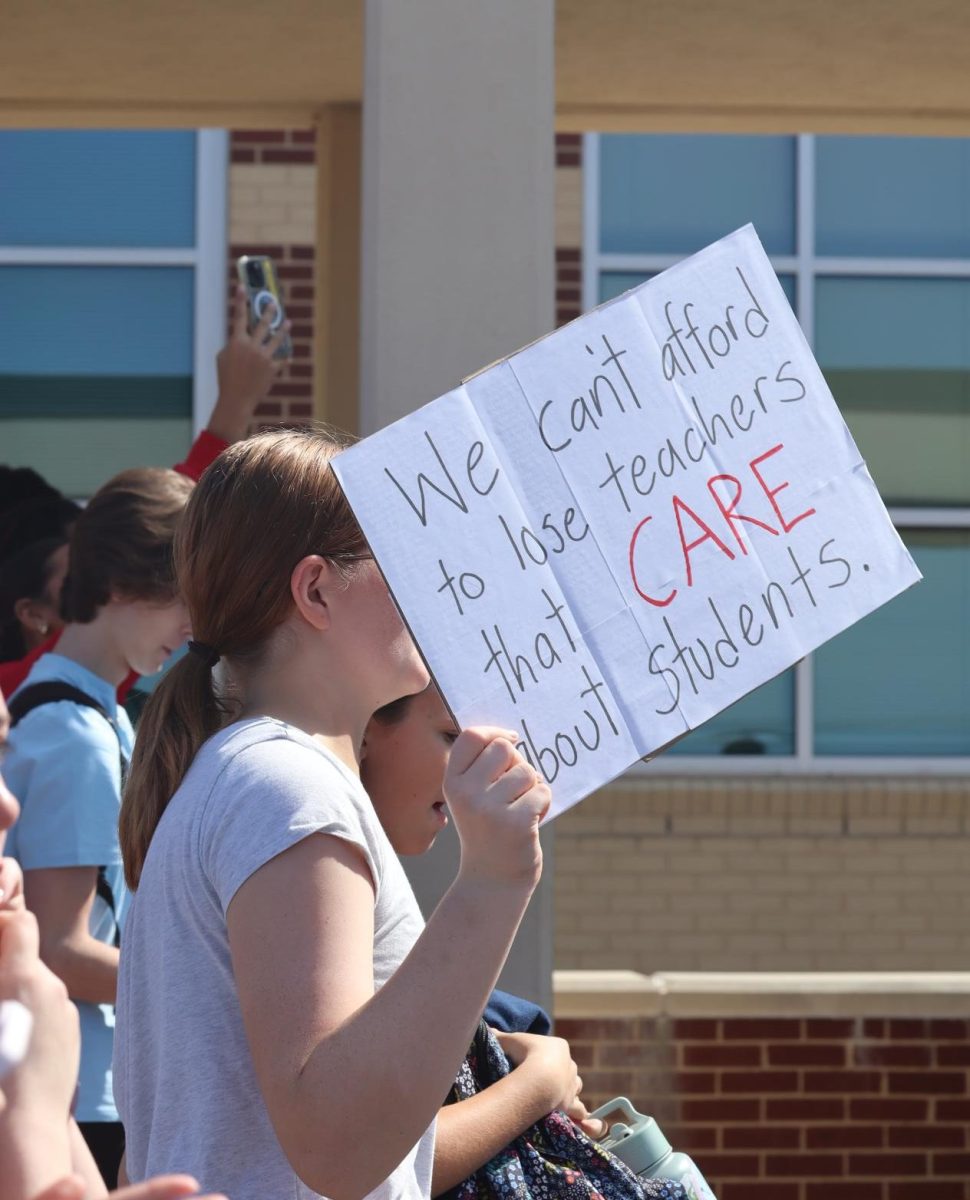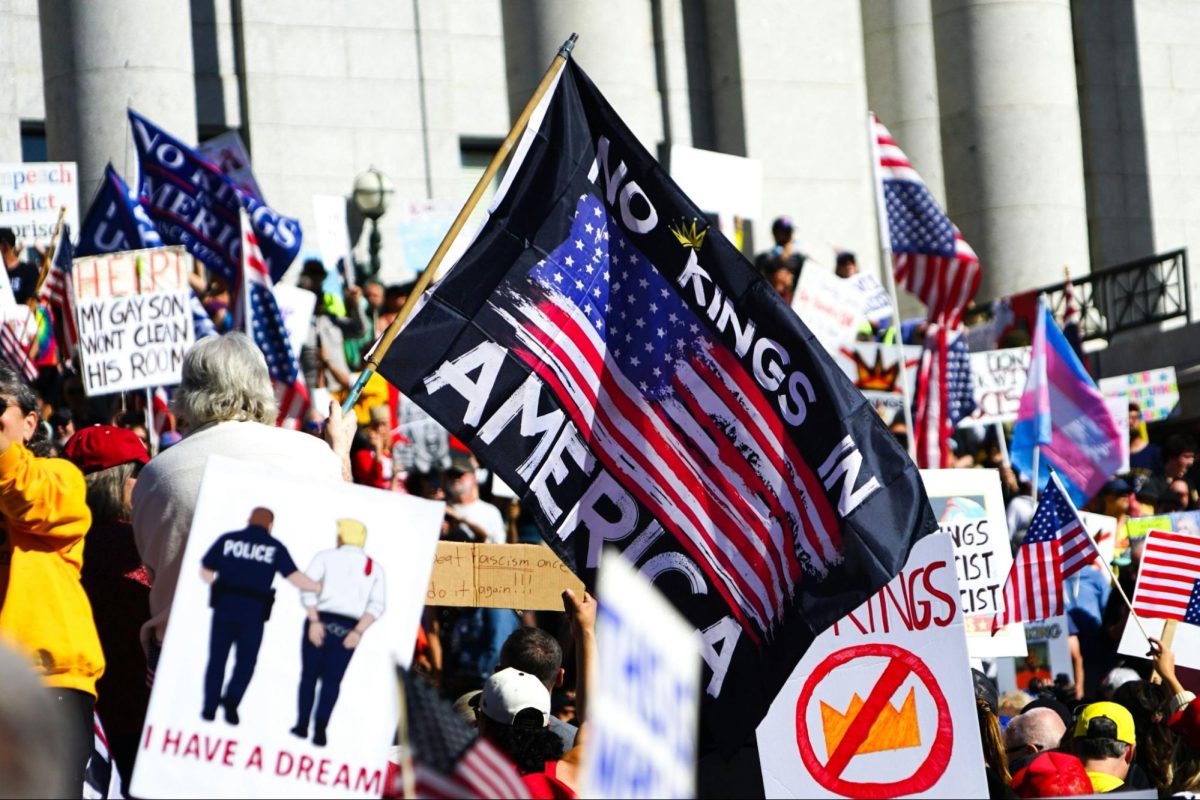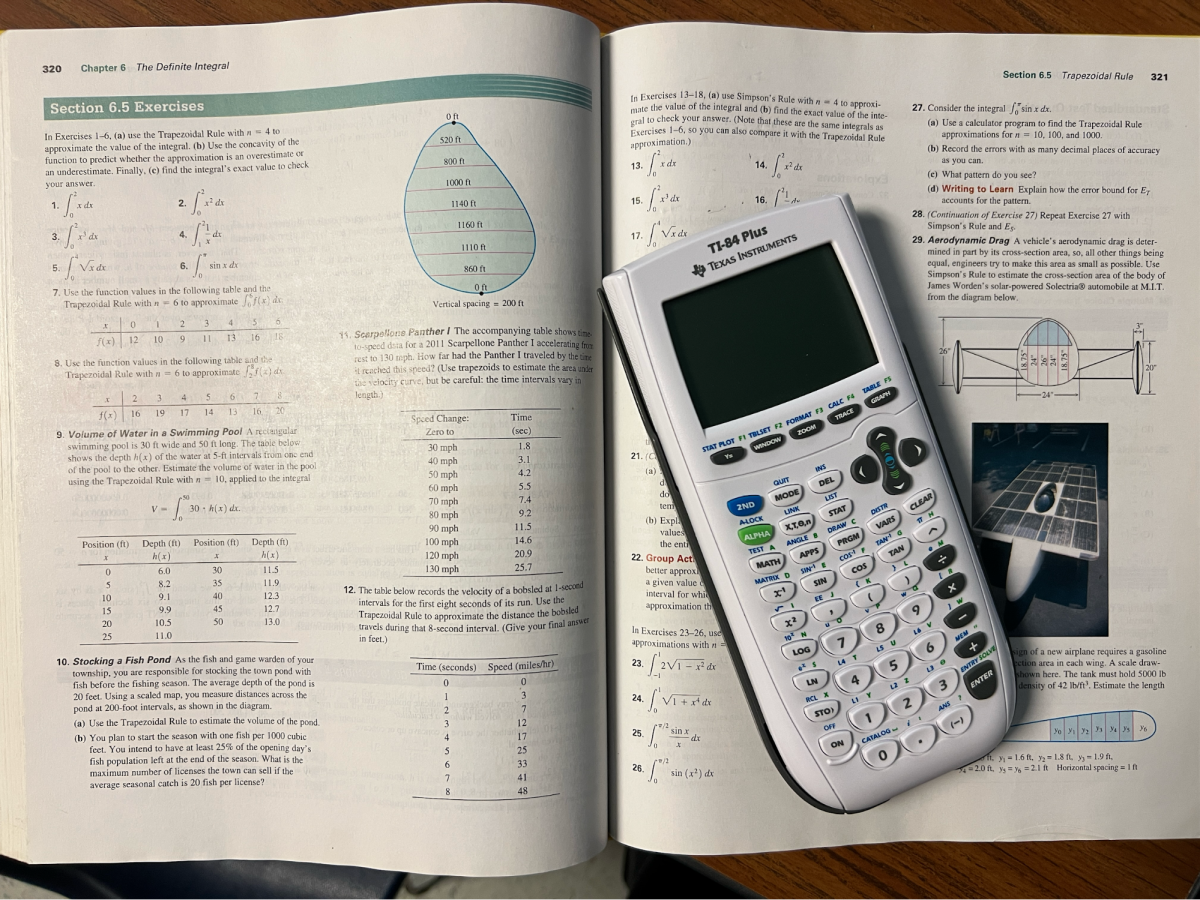A ban on popular social media app TikTok is scheduled to take effect on Jan. 19 following the U.S. government’s enforcement of the RESTRICT (Restricting the Emergence of Security Threats that Risk Information and Communications Technology) Act. The law specifically targets TikTok’s Chinese-based parent company, ByteDance, stating it presents national security concerns. Over the past four years, the U.S. government has made several attempts to remove the platform pointing to the ability of the Chinese government to access Americans’ data or manipulate TikTok’s algorithm to control the diffusion of information.
TikTok’s recent appeal to overturn the ruling was denied by the Supreme Court leaving the company with the option to either sell the company to a U.S. based entity or the ban will be upheld. In a separate court filing, TikTok asked a federal appeals court to block a separate law which targets TikTok that requires Google, Apple and internet providers to stop supporting the app.
A recent HerCampus study found that 74% of Gen Z internet users use TikTok for search and 51% favor it over Google. Not only is the platform important for the spread of information but many small businesses and content creators use the app as a stable source of income.
According to Blake Chandlee, TikTok’s president of global business solutions, the company estimates the ban would harm small businesses and creators with over $1.3 billion in earnings lost within the first month of the ban. The statement also said that 7 million U.S. businesses use the platform for marketing and advertising, contributing $24.2 billion to the U.S. GDP in 2023. TikTok’s operations directly added another $8.5 billion to GDP that year.
“Personally I don’t think TikTok should be banned, especially since some people rely on it for their jobs, so many people will lose their jobs and source of income,” sophomore Dylan Rylander said. “It is also a valuable resource to teach and learn new things and is a good way to communicate with friends.”
TikTok challenged the ruling in court arguing that the ban violates the First Amendment infringing on the free speech of the country’s citizens. Although a court recognized this claim, they sided with the Supreme Court’s ruling emphasizing the national security risks that ByteDance poses. The company’s backup claim was the Fifth Amendment, which protects against the unlawful seizure of private property, however, this also failed.
“A lot of people do rely on it as a source of income, a lot of people enjoy making videos and expressing themselves, it promotes sharing ideas with others and talking to people,” sophomore Tristan Riggs said. “I don’t think TikTok is the biggest problem since your data is already out there although I do think there should be rules in place.”
Despite these rulings, TikTok plans to continue its legal battle, stating, “The Supreme Court should have an opportunity to decide whether to review this exceptionally important case.” The company stands by its claim that banning the app would harm U.S. users, businesses, and citizens digital freedoms.
With over 1.9 billion monthly users globally, including 143.4 million in the U.S., TikTok’s fate could have far-reaching implications for social media, free speech, and international relations.

